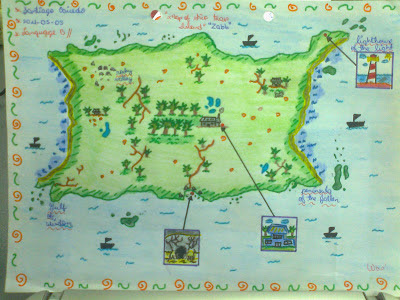How do you say PLATILLO VOLADOR in English?
 |
| This one does not contain any soup at all. |
You do not say such thing as PLATILLO VOLADOR.
The usual way to refer to these objects in English is FLYING SAUCER and the problem with that is that the translation in Spanish, Plato Sopero Volador, really would be a funny thing to say, too funny in fact. Given that circumstance, it is that Spanish speakers prefer to say PLATILLO VOLADOR and not Plato Sopero Volador. In English, the translation would be Flying Little Dish.
To say such a thing as Flying Little Dish also sounds funny in English.


Comments
It really sounds funny in both English and Spanish.
For now, I'm sticking with 'Flying saucer' and 'Platillo volador.' I do like how they both sound and look together.
Thanks for this enjoyable post.
Haahhaha I didn't know people call them Flying saucers, I always thought that Americans calle them UFO (Unknown Flying object). Ecuadorians literally translate this name, ovni (Objeto Volador No Identificado).
and its translation from English to Spanish would be Platon Sopero volador. It is fun but also a very curious fact.